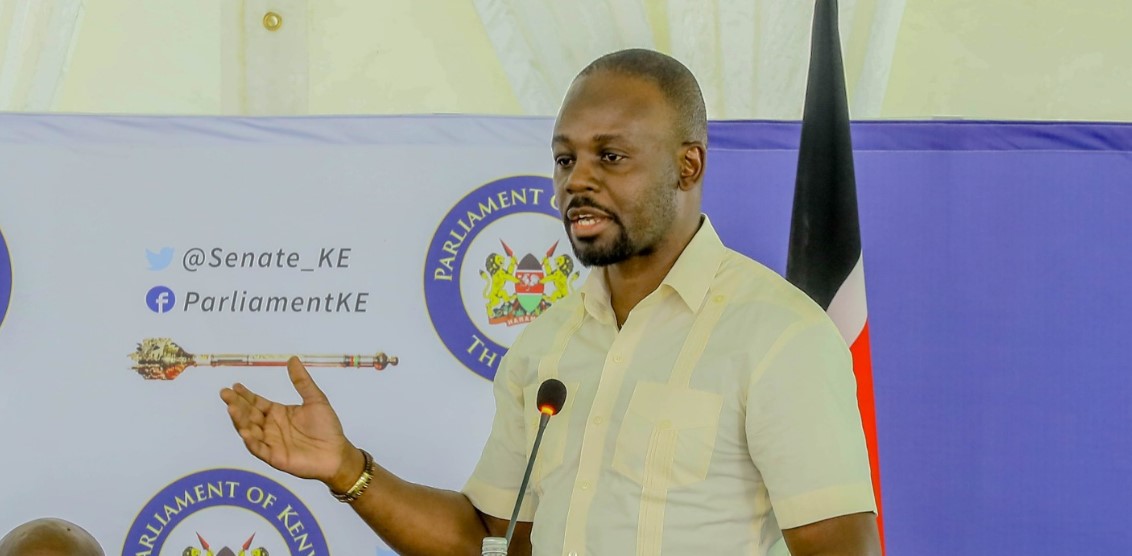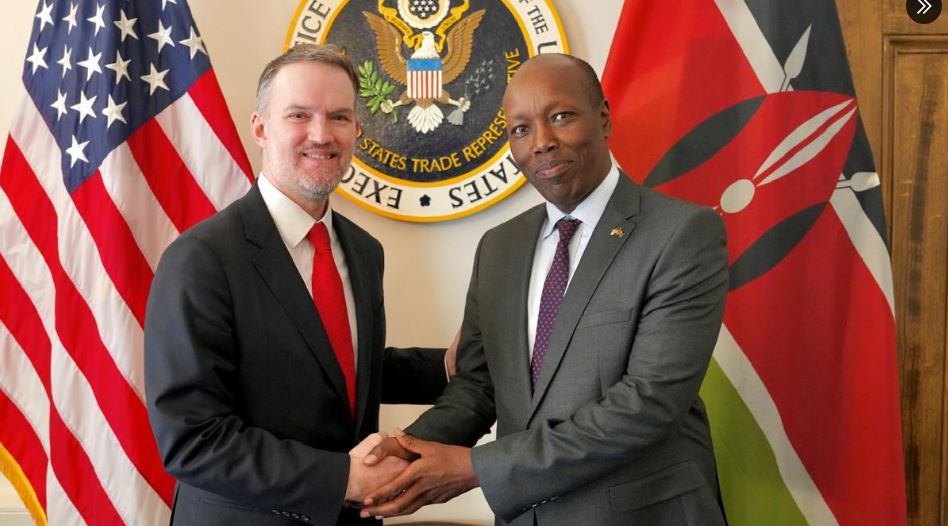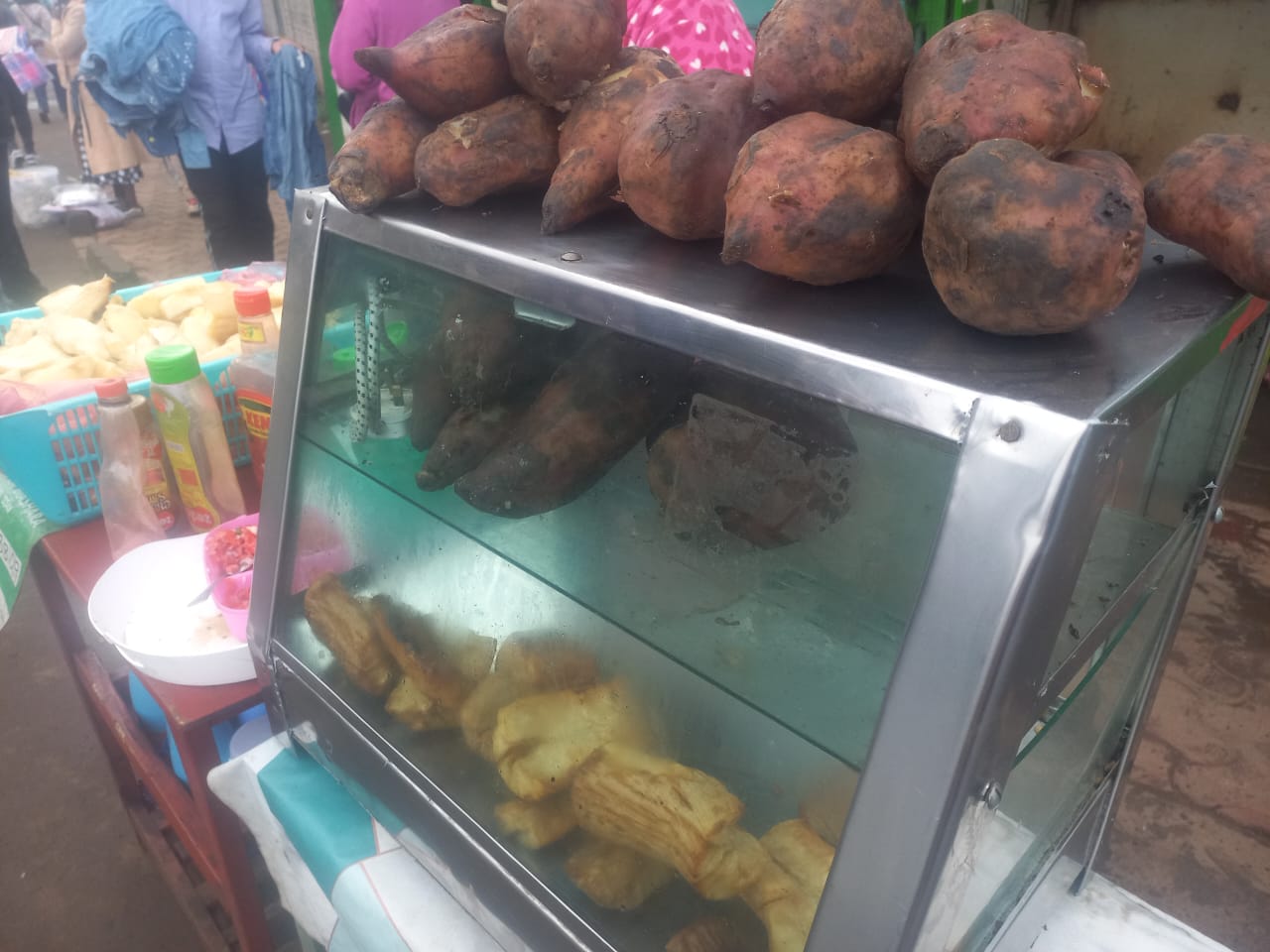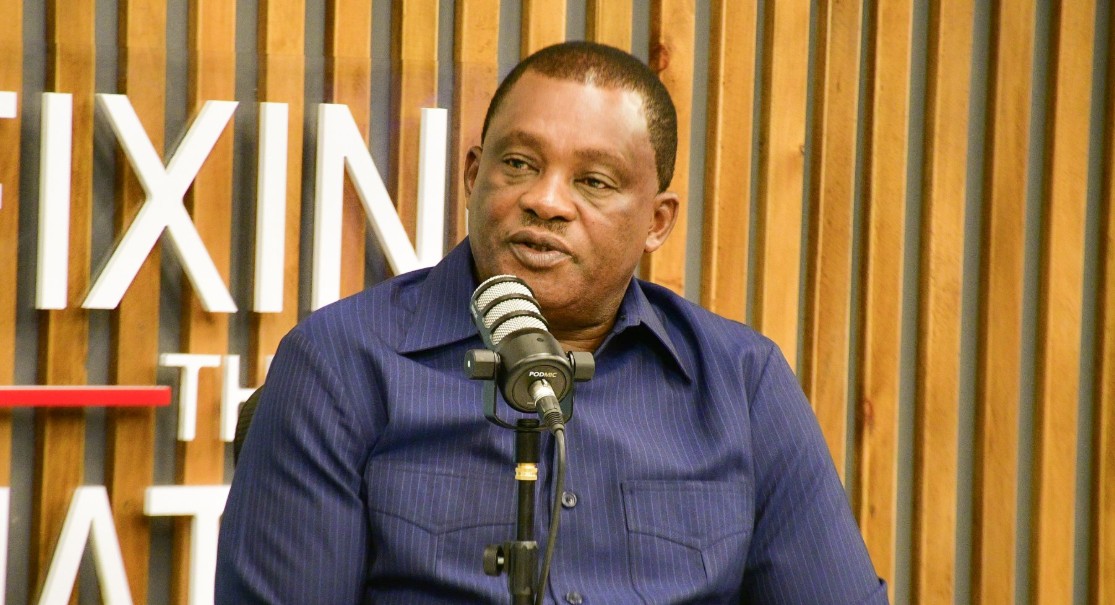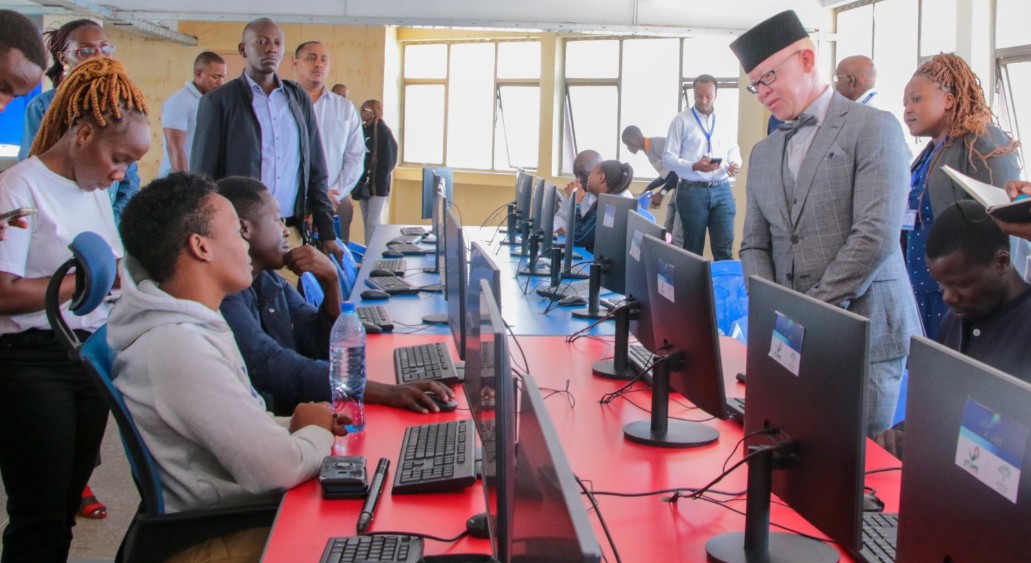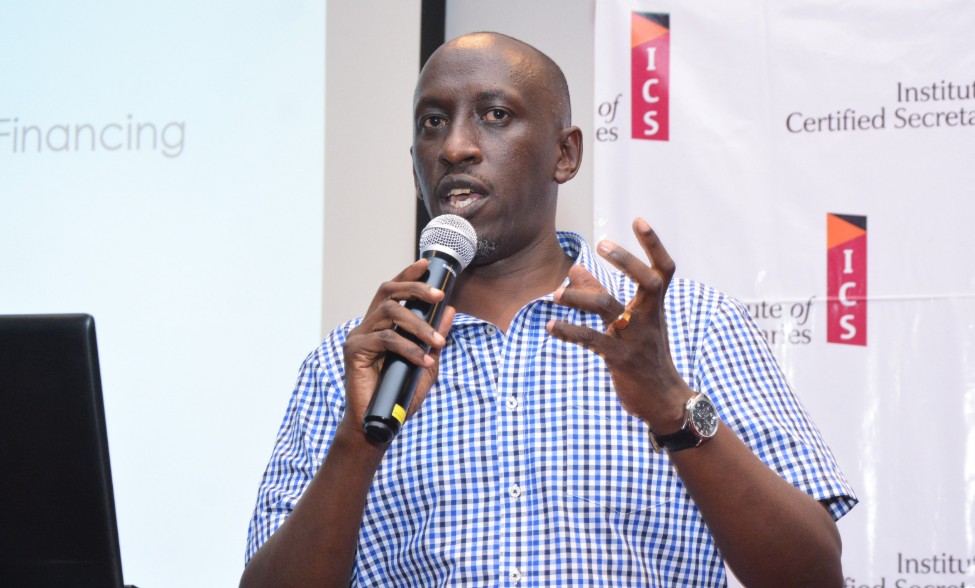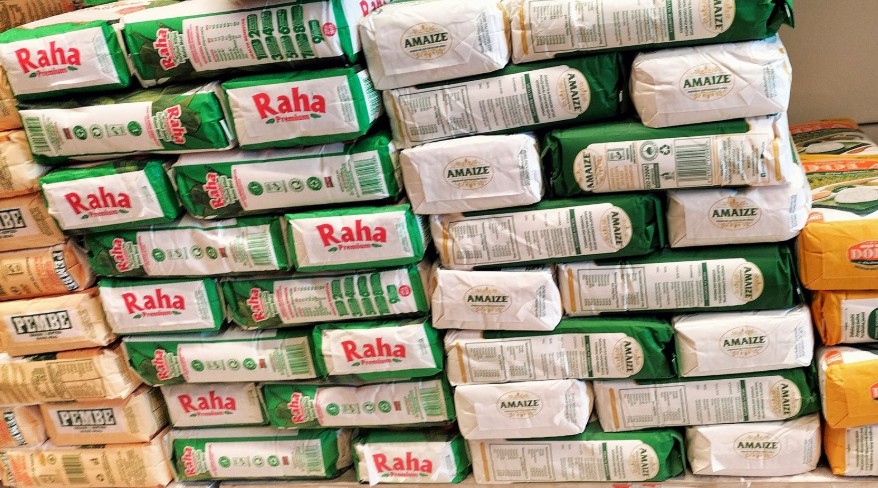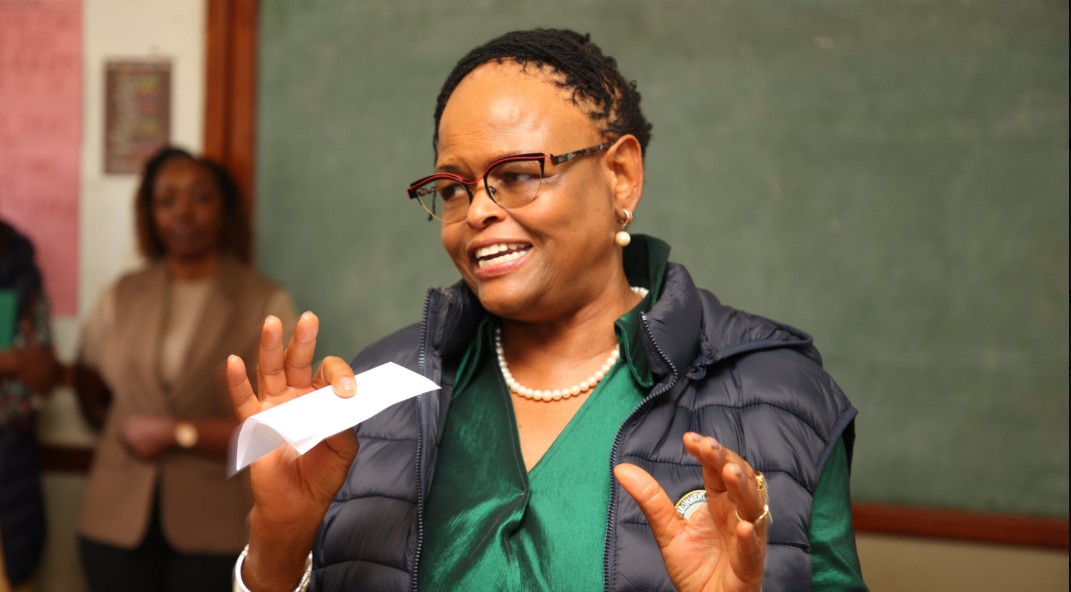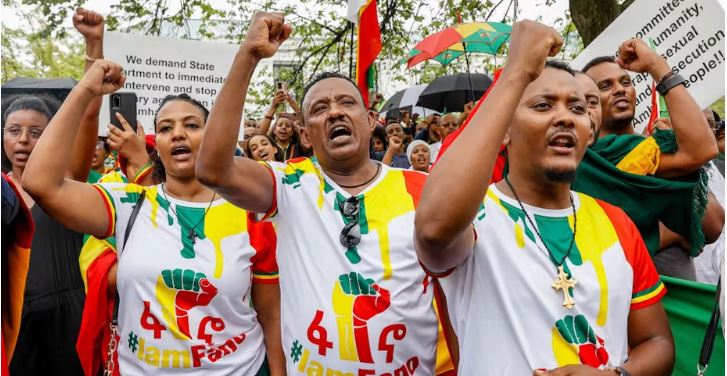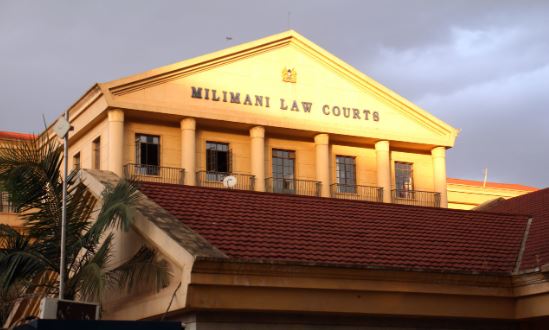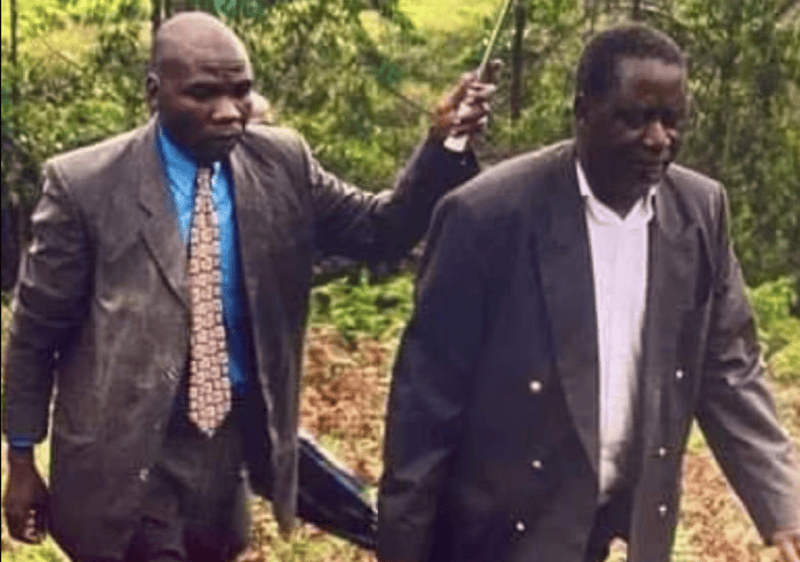EACC targets Sh50 billion in assets obtained through corruption from over 400 court cases
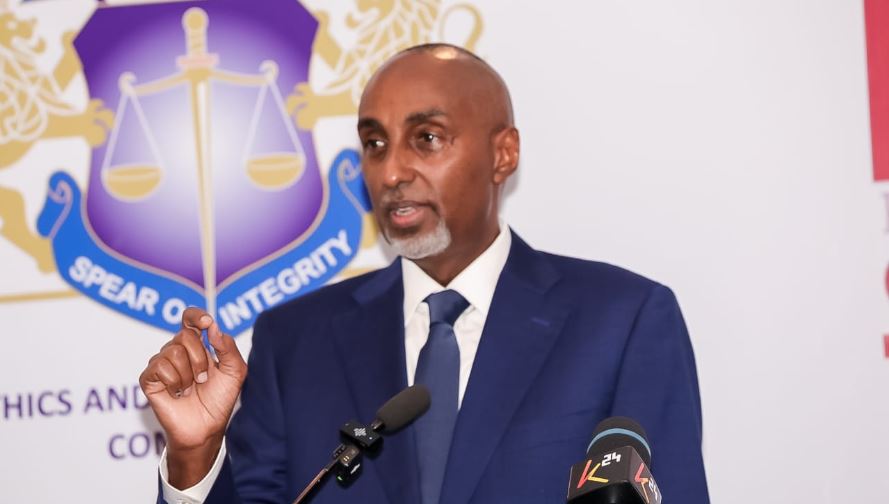
EACC CEO Ali Mohamud said the commission is also currently pursuing over 400 cases at various stages of trial for the forfeiture of corruptly acquired assets estimated at sh50 billion.
The Ethics and Anti-Corruption Commission (EACC) has, in the last five years, traced and recovered corruptly acquired property and unexplained assets worth about Sh28 billion, which have since been restored to public use.
On Thursday, EACC CEO Ali Mohamud said the commission is also currently pursuing over 400 cases at various stages of trial for the forfeiture of corruptly acquired assets estimated at sh50 billion.
More To Read
- Why Tuju’s new EACC petition against Supreme Court judges raises grave matters
- New report on corruption says loopholes in anti-graft laws hindering enforcement
- EACC recovers Sh28 billion in corruptly acquired assets, pursues Sh50 billion more
- High Court blocks EACC from investigating bribery claims against Thika Magistrate Stella Atambo
Ali spoke during a consultative forum with crime and court journalists and editors in Nairobi, themed "Turning the tide: From stolen assets to public good" that sought to highlight the crucial link between the commission's strategic focus on asset tracking and recovery and the utilisation of recovered assets for the greater public good.
"The rationale behind asset recovery is to ensure that the corrupt do not profit from their corrupt conduct. Its deterrent effect cannot, therefore, be gainsaid. This, among others, has informed the paradigm shift by the Commission to focus on recovery of proceeds of corruption," said the CEO.
When well utilised, recovered money and assets can be used to promote development through projects like schools, roads and hospital constructions as well as other activities that are for the public good.
Ali reiterated that his priority areas will include continued asset tracing, recovery and forfeiture of unexplained assets, noting the impact this has in deterring graft, he shall also be keen on monitoring capital intensive projects, enhancing integrity testing at service points, strengthening compliance with Chapter Six of the Constitution as well as improving staff capacity to handle the complex and evolving nature of corruption.
At the same time, EACC Chairman David Ogide said the commission has also changed strategy in its approach to graft investigations by talking to heads of public institutions to collaborate in the fight. Amongst those that have pledged support to the agency are the Inspector General of Police Douglas Kanja and the Chief Justice Martha Koome.
"So far, I haven't heard one say 'don't come to my place'. They are all very positive about supporting us. This I believe will help us in our fight against corruption," he said.
On her part, Editors Guild President Zubeida Koome called on the EACC to dedicate a portion of the recovered assets to supporting investigative journalism and dedicated fact-checking desks in newsrooms.
The law, however, provides that assets recovered be handed over to the Treasury.
"Even us we would have wished to utilise some of the money that we recover but unfortunately that is how the law is and it takes a while to amend a legislation. But we will talk, that doesn't mean that we close the door. We will talk and see how we can manage some of these things," the CEO said in his response.
Crime Journalists Chairman Joseph Muraya called on the agency to assist journalists who face threats and intimidation while pursuing graft cases in the country as his counterpart, court journalists representative Brian Wasuna called on the anti-graft agency to facilitate access to information at the stage where the agency has managed to obtain orders to freeze such illegally acquired assets.
Top Stories Today
